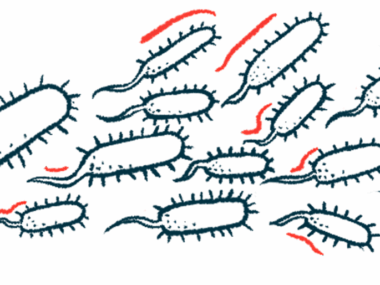9 Research Teams at Virginia Universities Awarded Grants into Studies of Brain
Written by |

Nine research teams at the University of Virginia and Virginia Tech will be awarded grants totaling $550,000 for studies addressing issues related to brain development and brain function in health and disease. Among the university-funded projects receiving between $50,000 and $70,000 each is research into potential new treatments for multiple sclerosis.
“We are planting seeds that will bring additional research funding to the commonwealth from government agencies, private organizations, industry, and foundations,” Tim Sands, president of Virginia Tech, said in a news release. “We continue to pursue partnerships with people and organizations who want to join us in solving some of the most pressing problems in health care.”
The program’s financing was given by the University of Virginia School of Medicine, Carilion Clinic, Virginia Tech, and the Virginia Tech Carilion Research Institute. The submission of proposals was made through the University of Virginia – Virginia Tech Carilion Neuroscience Research Collaboration.
“We are taking full advantage of the combined talent of our faculty and encouraging lasting brain research collaborations between the University of Virginia and Virginia Tech Carilion,” said Michael Friedlander, a vice president for health sciences and technology and a professor at Virginia Tech. “The pilot funding will serve as a catalyst to form new teams to tackle important questions, perform transformative work, obtain new extramural research funding in neuroscience for each of the partner institutions, and to develop new applications.”
The awards will support research projects addressing major health challenges, such as new therapies for multiple sclerosis, brain herpes viral infections, the link between seizures and microcephaly, the role of breast cancer genes in brain development and function, and new approaches for treating Rett syndrome in children, according to the release.
“The proposals speak to the scientific strength at our institutions and the synergies that these collaborations will create: studies of the causes of and means of diagnosing neurological diseases; new methods for understanding brain development, normal function, and dysfunction; models of neural circuitry; and potential interventions to restore function to the diseased nervous system,” said Margaret Shupnik, senior associate dean for research and a professor at the University of Virginia School of Medicine.
Friedlander noted that The University of Virginia – Virginia Tech Carilion Neuroscience Research Collaboration has been in the making for several years. “From the beginning it was clear that there was enormous talent in brain research in the commonwealth with distinct areas of excellence but little in the way of cross-institutional collaborations,” he said. Friedlander as served as executive director for Virginia Tech Carilion Research Institute since 2010.
More information about the winning projects can be found here.





